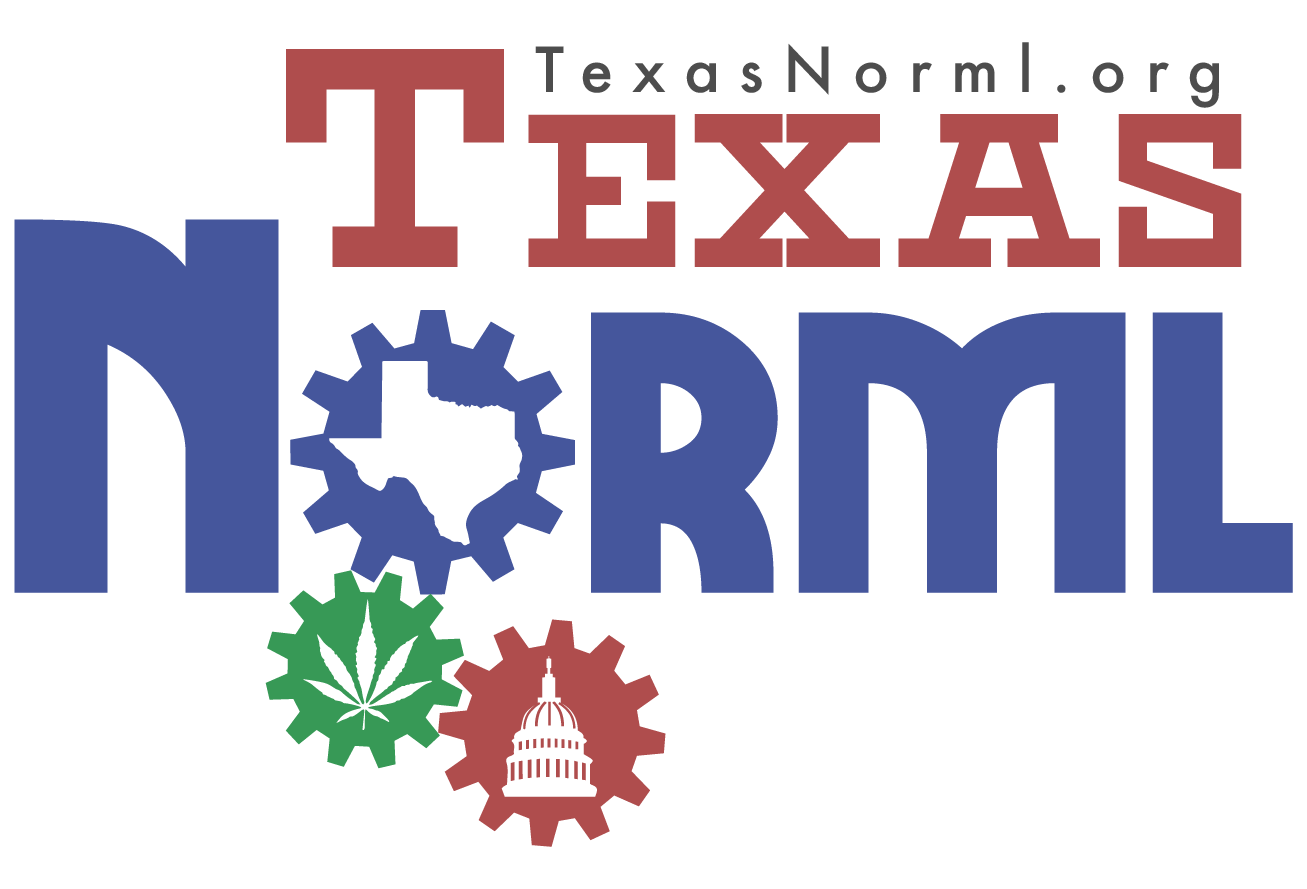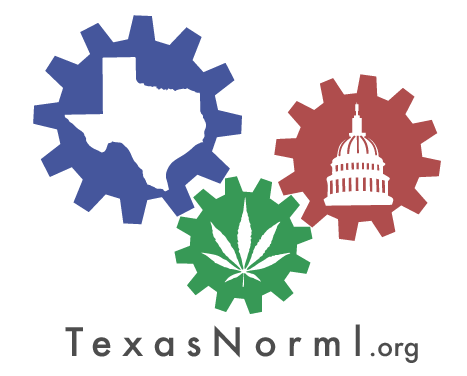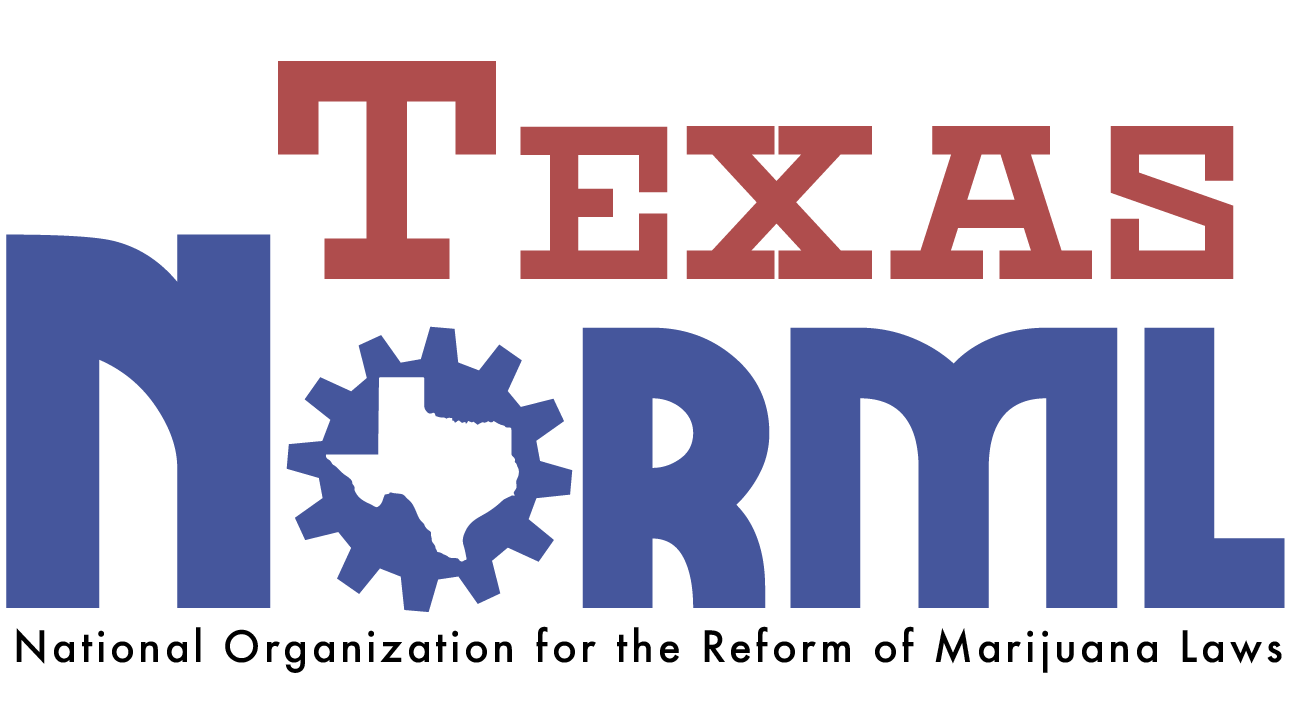Read entire article at Texas Monthly online here: http://www.texasmonthly.com/2009-10-01/feature4-1.php
IN THE EARLY YEARS of the twentieth century, as they poured across the border into Texas, Mexican immigrants brought with them a familiar and cheap intoxicant: cannabis, which they called marihuana (in those days, it was spelled with an h instead of a j). Perhaps because they were young, predominantly male, and away from home—strong correlates of troublesome behavior—they were seen as lacking appropriate inhibition, especially when they came to town on weekends. Cerveza may have been more culpable, but cannabis made an easier target. In 1914, after a melee allegedly involving a marijuana smoker, the El Paso city government passed what is believed to have been the first law banning a drug that had been legally and widely used for at least five thousand years. Other cities and states quickly followed suit. Before long, marijuana was forbidden everywhere, and its use was often harshly punished.
It’s ironic, then, that nearly a century after it fired the first shot in the war on weed, the Sun City has been flirting with a cease-fire. In January, besieged by drug wars in Mexico that killed more than 5,600 people in 2008, almost a third in neighboring Ciudad Juárez alone, the El Paso City Council unanimously approved city representative Beto O’Rourke’s motion that the federal government hold an open and honest debate about legalizing all narcotics in the United States. Mayor John Cook vetoed that recommendation. “We would be the laughingstock of the country for having something like this on the books,” he said.
The incident drew national attention and some criticism, but it sparked the kind of serious conversation O’Rourke was seeking. “No one is laughing about it,” he says. “It’s not funny that sixteen hundred people died in our sister city in the course of one year in the most brutal fashion imaginable. We’ve had waves of violence before, but it took events of this magnitude to convince everyone that something is deeply wrong here, that we are part of the problem and we can do something to fix it. It’s the demand that’s fueling this war. If our drug laws were different, I will absolutely guarantee you that our body count would be different.”
Read more HERE


